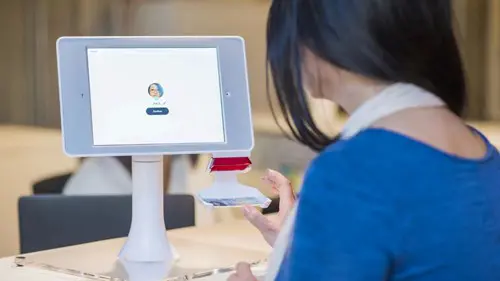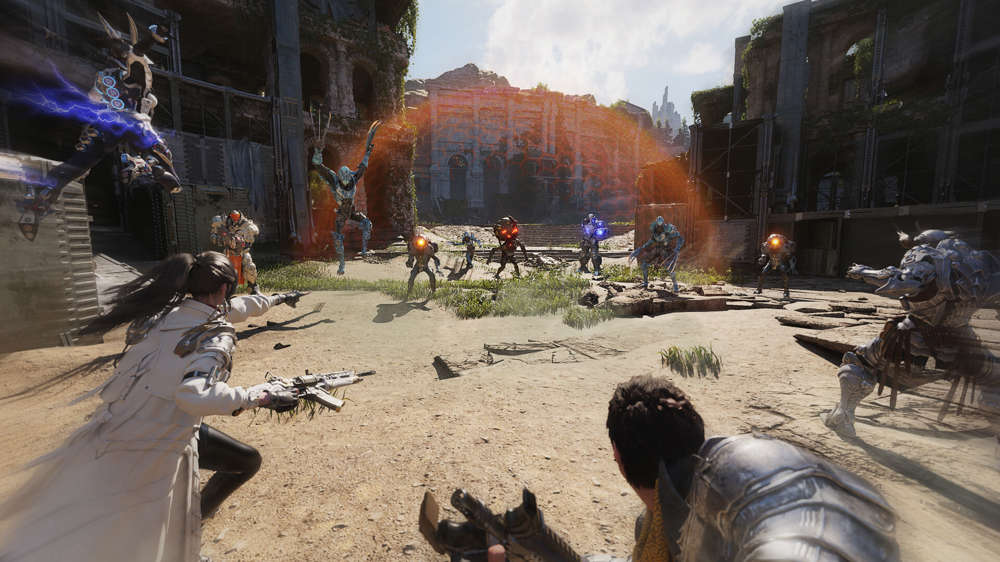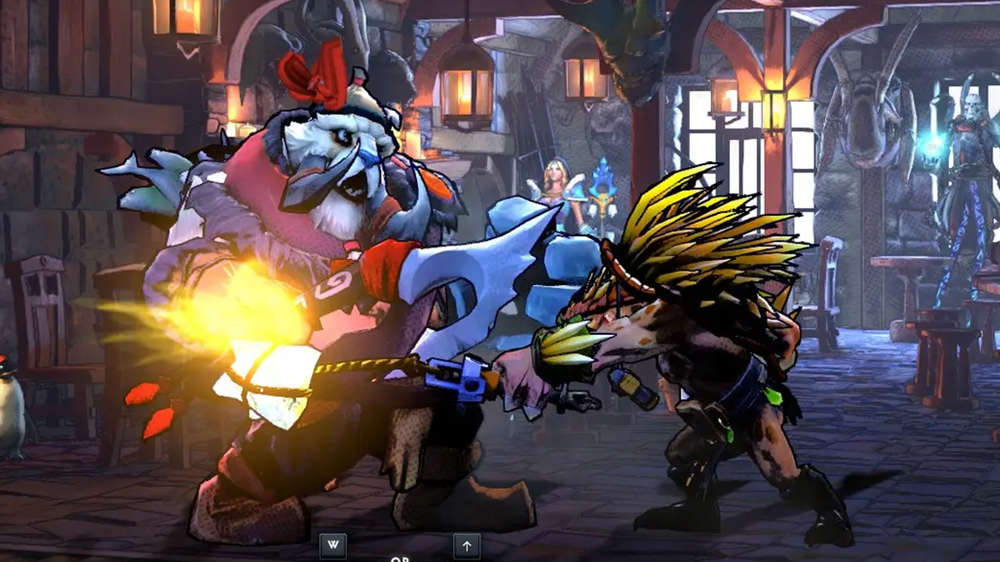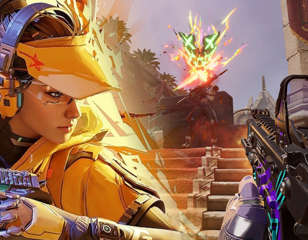China is introducing real-name verification for video games this year
The Chinese gaming world is about to change as the government plans to introduce real-name verification to limit the amount of time kids spend playing games.
03rd Aug 2020 11:34
Images via Unsplash Yiranding | Unsplash Proxyclic | Tencent


China is introducing real-name verification for video games this year
The Chinese gaming world is about to change as the government plans to introduce real-name verification to limit the amount of time kids spend playing games.
03rd Aug 2020 11:34
Images via Unsplash Yiranding | Unsplash Proxyclic | Tencent
The Chinese gaming world is about to change forever as China is bucking the trend on real-name verification and plans to introduce a new feature by September 2020. The state-run scheme is trying to clamp down on kids playing too many video games, and from September, you'll be required to log in with your real name.
Tencent & NetEase's verification systems
Tencent and NetEase have already introduced their own verification systems, however, the Chinese government is now rolling the plan out across the country. Gamers will now have to give their real names, which will be checked against an ID number.
These measures are being put in place to control how much time children are spending glued to gaming hardware - specificially, their consoles and PCs.

Feng Shixin, an official from the Communist Party's Central Publicity Department, spoke during ChinaJoy and confirmed the news. The idea has been in the works for a while and follows last year's measure from the State Administration of Press and Publications (SAPP).
The SAPP already put restrictions on how long minors could play games for, with anyone under the age of 18 being limited to 90 minutes of gameplay on weekdays and three hours on holidays.
As with all these things, it hasn't stopped some kids trying their own unique workarounds. There are already reports of under 18s using fake IDs, going to smartphone arcades, and even one incident where a child fooled customer services into thinking he was his grandfather by pinching his throat.

Still, at least China is trying to ensure its youngsters aren't constantly being hooked up to a machine. It's currently unclear how the verification system will work, but when it comes to Tencent's Honour of Kings (known as Arena of Valor in other countries), facial recognition software is in place.
As it stands, China has one of the strictest gaming markets out there. Developers already have to submit games for stringent content moderation, meaning China has become notoriously hard to crack for many.
Elsewhere, Apple recently removed hundreds of games from its Chinese App Store after it exposed a loophole that's been used by some for years.
Gaming in China is big business and was bolstered by the recent COVID-19 pandemic. It's reported that sales of Chinese games leapt by 22% in the first six months of 2020 and the market is currently worth an estimated 39.4 billion yuan ($19.9 billion). With so many people invested in Chinese gaming, it's only expected that the government wants to keep a tight leash on things.

About The Author
Tom Chapman
Tom is Trending News Editor at GGRecon, with an NCTJ qualification in Broadcast Journalism and over seven years of experience writing about film, gaming, and television. With bylines at IGN, Digital Spy, Den of Geek, and more, Tom’s love of horror means he's well-versed in all things Resident Evil, with aspirations to be the next Chris Redfield.


























